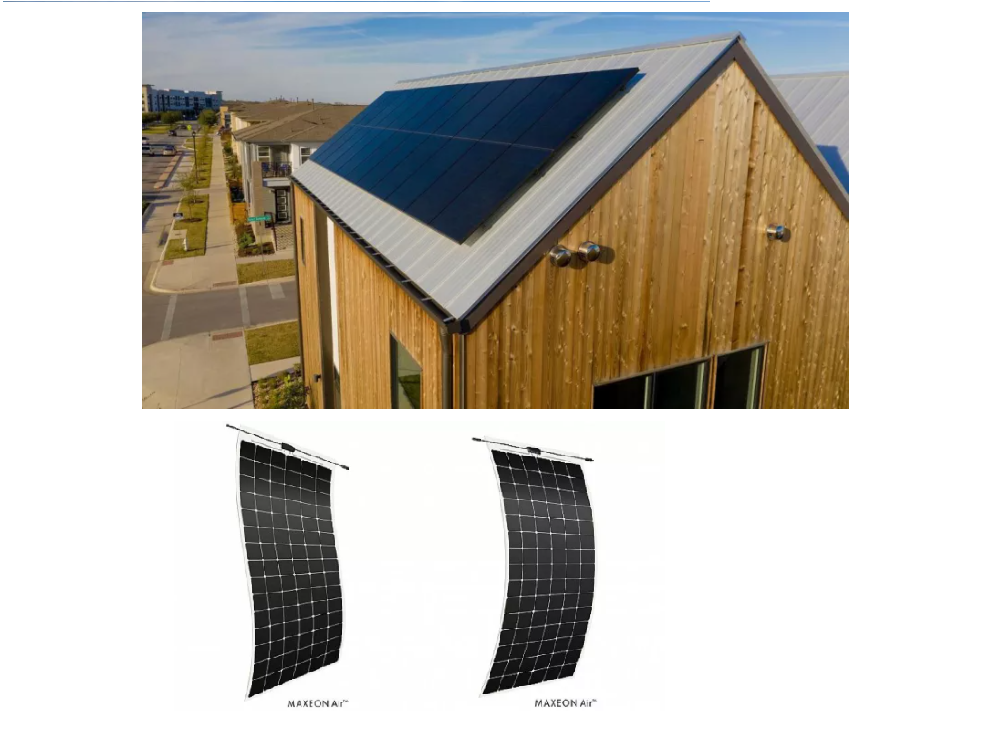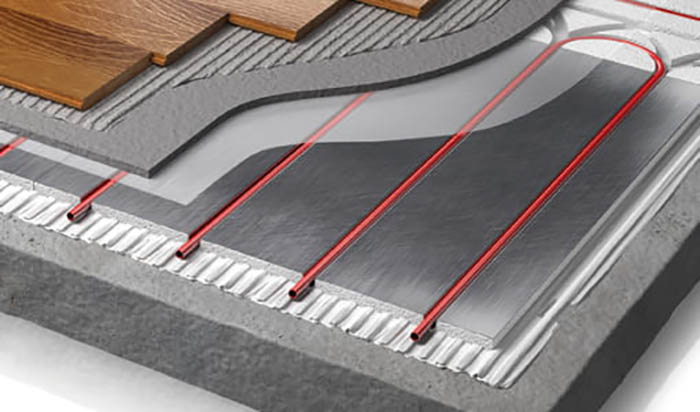New Year, Old Year aside, there is an urgent need to radically reduce the exploitation and consumption of natural resources, while at the same time making the most of the goods produced, if we want to maintain and improve the comfort and quality of life of human societies.
Because the environmental footprint of built environments is huge.
Let us consider the case of housing.
The construction of housing, from raw materials to partial materials and housing as a whole, including the processes of transformation, packaging and transport, has enormous environmental impacts, which are rarely accounted for.
Once the construction of a dwelling is finished, its use follows; in this case, the daily consumption of energy and water are responsible for a large part of the consumption of these resources.
We have to reduce the impact of the built environment and its use, through the rehabilitation of what is already built, creating greater comfort, greater energy and water efficiency and less expense with these ecosystem goods. This can happen in houses, as in high-rise buildings, with or without horizontal properties.
The motivation of each of us for this rehabilitation depends on the solutions to be used having a positive final balance, when counting the initial investment, necessary for the acquisition and installation of these solutions, versus the economic and environmental savings/benefit that these solutions will bring to medium and long.
Energy
The possibility of using photovoltaic energy is a reality at our disposal, which currently has State support and where there have been legal changes to encourage self-consumption and the creation of energy communities – consult 2nd PHASE +Sustainable Buildings Support Program, Efficiency voucher e Deco-Protest.
Take advantage of the roof of a building, usually without daily use, consisting of an area exposed to the sun throughout the day, which in the Algarve makes up almost all days of the year, to install a network of photovoltaic solar panels, either in a single-family housing, whether in apartments, is an effective possibility.

There are lighter panels, suitable for application in old buildings.
The panels provide another type of protection to the building, by providing shading and, consequently, cooling the roof, both on the floors or top-floor apartments and, inherently, on the entire building.
Another way to obtain comfort and reduce heating costs is the installation of a heating system through hydraulic underfloor heating, and/or central heating whose energy source is a solar heat pump installed on the roof of the building.
In the case of underfloor heating, a system suitable for rehabilitation projects should be chosen, so that there is not a large increase in floor height. There are systems that only increase it a few millimeters.

Water
As with the installation of photovoltaic solar panels, a rainwater collection and storage system can be installed, either in a common area of a condominium or in a villa.
Storage can be done, for example, in a tank, which can be placed on the roof, or in a storage room, or in part of the space dedicated to the garages on the ground floor; This equipment is connected to the building's plumbing system.
The use of these untreated waters is suitable for all types of washing, for toilets, for irrigation; if treated, they can be used in all domestic uses. And it allows to use water in case of mains water cut-off without prior notice.
The reuse of water is also possible and has already been the subject of another article by Glocal. For example, a system for reusing gray water from the bathroom(s) in the house, coming from the washbasin and shower to flush toilets, minimizes the impacts of exploiting water resources and reduces the amount of monthly billing. This reduction in drinking water consumption could be in the order of 20% to 30%.
We insist: in rehabilitating is the gain!
Authors: Joana Cabrita Martins and Rosa Guedes are Glocal members Faro
glocalfaro@ Gmail.com
https://www.facebook.com/glocal.faro/



















Comments